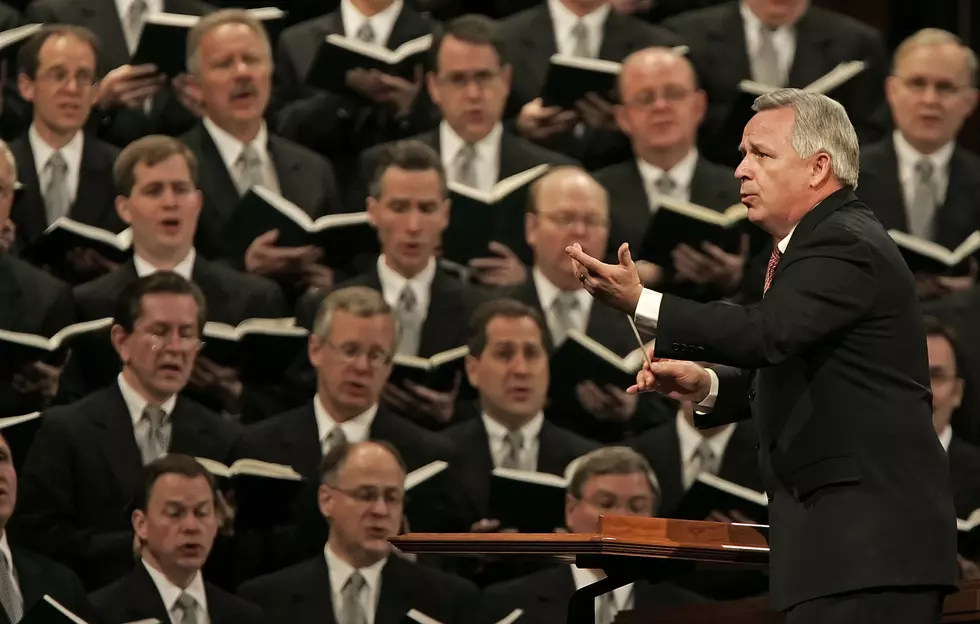
First Presidency Makes Changes to Latter-day Saint Wedding Rule
(KLIX) – The Church of Jesus Christ of Latter-day Saints on Monday said it has made changes to a longstanding wedding rule.
Latter-day Saints who marry in civil ceremonies may now go to the temple for their sealing as soon as their circumstances permit. Formerly, in many places couples had to wait a year to marry in the temple after a civil union.
The change is an effort to help those who may not be able to enter the temple to still be part of a family member's wedding ceremony. It is yet another change under the administration of the church’s 16th prophet and president, Russell M. Nelson.
“Where possible, leaders should encourage couples to be both married and sealed in the temple,” the First Presidency, the church's highest ranking body, said in letter to Latter-day Saint leaders around the world. “Where a licensed marriage is not permitted in the temple, or when a temple marriage would cause parents or immediate family members to feel excluded, a civil ceremony followed by a temple sealing is authorized.”
Though the change is new policy for the global church, the practice has been observed “in more than half of the countries where the worldwide faith resides,” according to a church statement. “In those countries, couples are required by law to marry civilly first.”
Latter-day Saints who marry in civil unions may use chapels for the occasion, but church leaders ask that these ceremonies be simple and dignified. The church also stresses that regardless of location, couples should earnestly strive to marry in the temple to begin their lives together.
Also, newly baptized members will still have to wait a year from the date of their confirmation to be married in a temple, the church said.
This aligns with the Church’s long-standing policy of allowing new converts to gain a greater understanding of their faith which includes learning about the sacredness of a temple and the sacraments, or ordinances, that take place in temples.
Latter-day Saints believe that marriages performed in the temple, unlike civil marriages, bind couples and families not only in this life, but in the afterlife as well.
More From 98.3 The Snake









